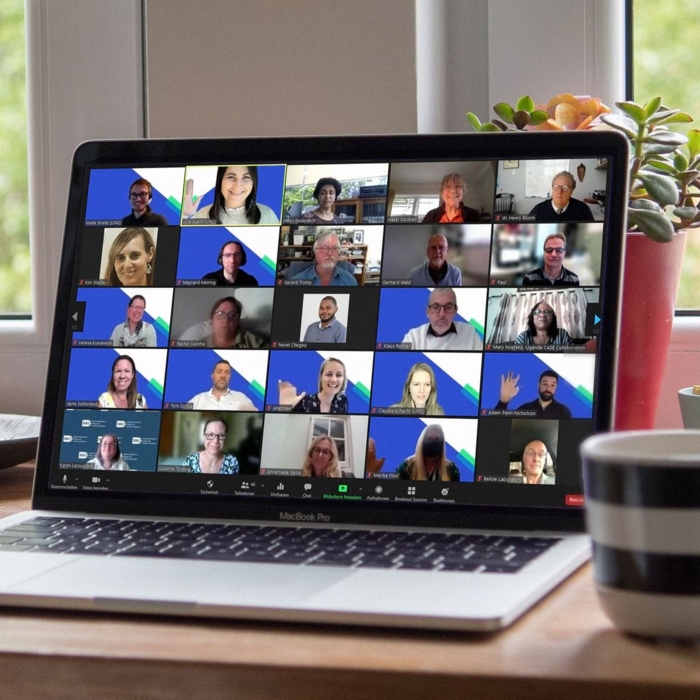Two of LINQ’s projects, TriageTB and ENDxTB, form one large study (TrENDxTB) with the aim of advancing research into cost-effective, novel, and improved diagnostic strategies for tuberculosis (TB). The setup allows for collaboration across multiple clinical sites in Africa (South Africa, The Gambia, Uganda) and Southeast Asia (Vietnam) and laboratories in the US and Europe.
In the context of the TrENDxTB study, LINQ works closely with long-term collaborator Prof Gerhard Walzl of the Stellenbosch University in Cape Town, South Africa, who coordinates TriageTB and is a Co-Principal Investigator of ENDxTB. The projects have received funding from The European and Developing Countries Clinical Trials Partnership (EDCTP) and The National Institutes of Health (NIH), respectively.
The complex large-scale TrENDxTB study requires diligent project management. LINQ’s support includes setting up efficient workflows to streamline activities, coordinating communication within and between the two consortia, contractual and financial management, reporting and monitoring progress.
Tremendous effort has been made to harmonize protocols across sites
On November 15-16, the TriageTB and ENDxTB consortia held a joint annual meeting. During the meeting, the consortia discussed progress made over the past year. It was apparent that the group has managed to successfully advance their study, despite the significant challenges posed by the ongoing COVID-19 pandemic. Tremendous effort has been made to harmonize protocols across sites and clinical partners were able to pick up enrolment quickly and efficiently after the lockdowns.
The TrENDxTB annual meeting also included a session of the Scientific Advisory Board. Its members participated actively in the discussions and provided valuable feedback on the status of the project, including a concise SWOT analysis and targeted recommendations. Capacity development was also spotlighted at the meeting, with an interactive assessment of the ongoing capacity development activities and a joint brainstorming for ways to improve the support system, especially in the light of a continued lack of face-to-face meetings.
For the upcoming months, the consortia feel confident that they can continue to move the clinical work forward and produce valuable results.


